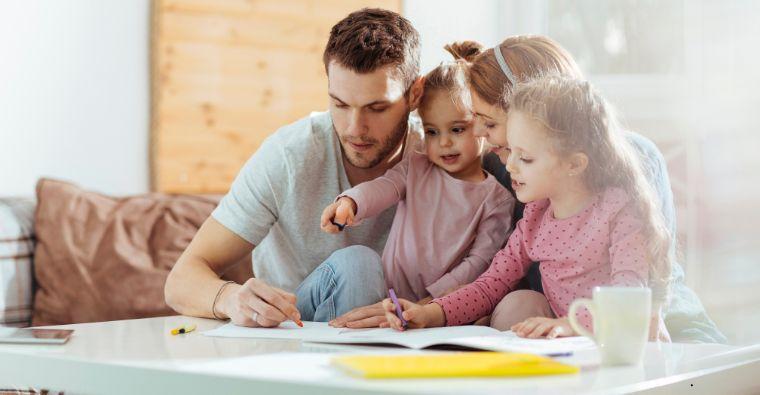Understanding Social Skills
Social skills encompass a wide range of behaviors, including:
Communication: Verbal and non-verbal communication, such as speaking clearly and using body language effectively.
Empathy: Understanding and sharing the feelings of others.
Cooperation: Working well with others, sharing, and taking turns.
Problem-Solving: Handling conflicts and finding solutions to interpersonal issues.
Listening: Paying attention and showing interest in what others are saying.
Strategies to Enhance Social Skills
Model Appropriate Behavior
Children often learn by observing adults. Demonstrate positive social interactions in your daily life. Show kindness, respect, and patience in your interactions with others. When you handle conflicts calmly and respectfully, children learn to emulate these behaviors.
Encourage Playtime
Playtime is crucial for developing social skills. Encourage both structured and unstructured play. Group activities, such as team sports, board games, and collaborative projects, help children learn cooperation, teamwork, and conflict resolution.
Teach Empathy
Help children understand and empathize with others' feelings. Discuss different emotions and scenarios, and encourage children to think about how they would feel in similar situations. Books, movies, and role-playing can be effective tools for teaching empathy.
Practice Active Listening
Teach children the importance of listening attentively. Encourage them to look at the speaker, nod in understanding, and ask relevant questions. Practice active listening at home by having regular family discussions where everyone gets a chance to speak and be heard.
Role-Playing Scenarios
Role-playing various social situations can help children practice and prepare for real-life interactions. Create scenarios where they need to introduce themselves, join a group, resolve a conflict, or share toys. Discuss what they did well and what they could improve.
Provide Positive Reinforcement
Acknowledge and praise positive social interactions. Positive reinforcement encourages children to repeat these behaviors. Simple affirmations like, "I noticed how nicely you shared your toys with your friend," can significantly boost their confidence.
Teach Problem-Solving Skills
Guide children through the process of resolving conflicts. Teach them to express their feelings calmly, listen to the other person’s perspective, and find a mutually acceptable solution. Encouraging a problem-solving mindset helps them handle social challenges independently.
Create Opportunities for Social Interaction
Provide ample opportunities for children to interact with peers. Playdates, extracurricular activities, and community events can help children practice and refine their social skills. Ensure these environments are supportive and inclusive.
Discuss Social Situations
Regularly talk about social situations that children encounter. Discuss what went well and what could have been handled differently. Use these discussions as learning opportunities to reinforce positive social behaviors.
Be Patient and Supportive
Developing social skills takes time and practice. Be patient and provide ongoing support. Celebrate small successes and gently guide children through setbacks. Your support and encouragement play a crucial role in their social development.
Activities to Enhance Social Skills
Group Projects
Engage children in group projects where they must work together to achieve a common goal. This teaches cooperation, communication, and teamwork.
Storytelling
Encourage children to tell stories, either real or imaginary. Storytelling helps them articulate their thoughts, listen to others, and engage in meaningful conversations.
Games that Require Turn-Taking
Play games that require taking turns, such as board games or card games. This helps children practice patience, fairness, and cooperation.
Community Service
Involve children in community service activities. Helping others fosters empathy, compassion, and a sense of community.
Social Skills Groups
Consider enrolling children in social skills groups or classes. These groups provide structured environments where children can practice social interactions with guidance from trained professionals.




